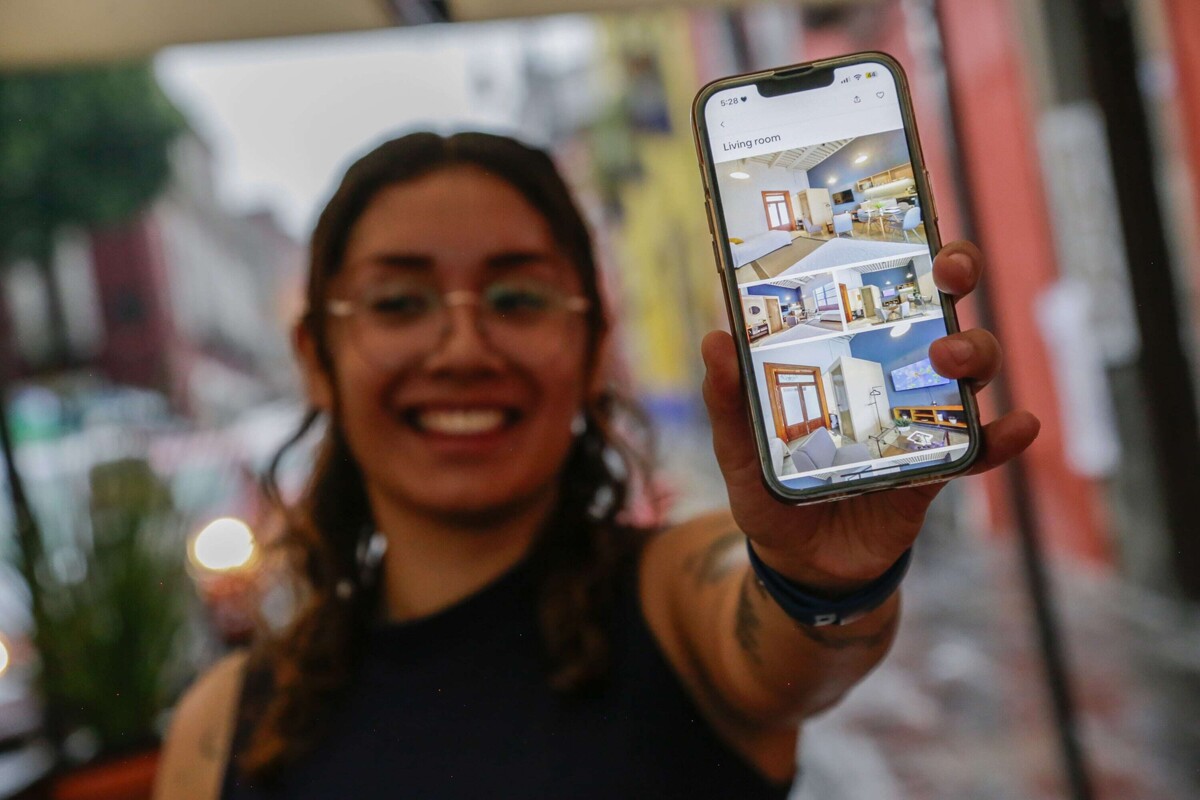
Currently, it is essential to stay informed and vigilant to avoid falling for scams when booking accommodations online due to the proliferation of fraudulent schemes. Among the main threats are identity theft or phishing, hacking of booking platforms, and fake accommodation listings.
In the case of identity theft, scammers pose as property owners and request payments or sensitive information through emails. On the other hand, criminals may directly contact the victim via the accommodation app's chat, simulating problems with the booking to deceive users. Additionally, there is a risk of falling for fake accommodation listings, with profiles showcasing luxurious properties at attractive prices, which do not actually exist.
To protect oneself from these scams, it is advisable to verify that the links are official, avoid providing sensitive information outside of the platform, and be wary of suspiciously low prices. With the increase in booking volume, cybercriminals find fertile ground in booking platforms to commit fraud during high-demand seasons, such as Buen Fin.
According to a report by McAfee, the online tourism sector, valued at approximately $600 billion, is especially vulnerable during discount seasons. Scammers take advantage of user trust to pose as hosts or service representatives and fraudulently obtain sensitive information.
Among the most common scam methods is the sending of messages with links to fraudulent sites that mimic the official pages of booking platforms, including specific booking details to lend greater legitimacy. Moreover, a toolkit called Telekopye has been identified, which uses Telegram to facilitate identity theft in accommodation markets.
In the face of this issue, companies like Centro Telecom in Mexico are promoting solutions to improve cybersecurity in digital environments, especially in online accommodation markets. The digitization of these markets has led to an increase in cyber scams, particularly affecting users of accommodation applications like Airbnb and Booking.














